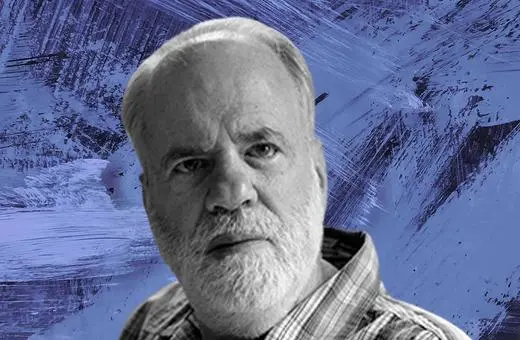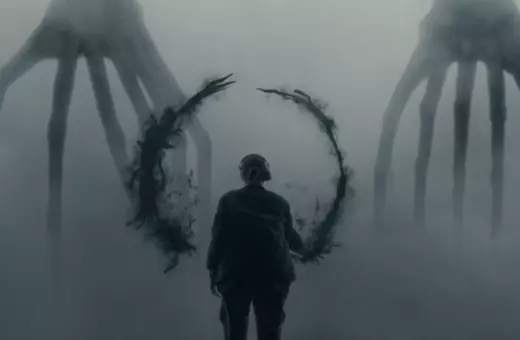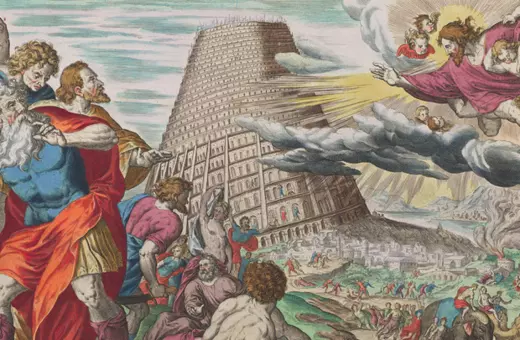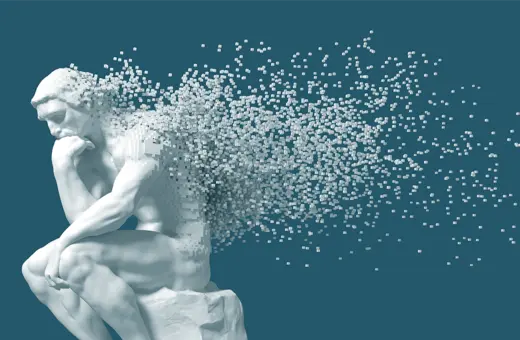A work of philosophical genius according to some, a work of art according to others. Ludwig Wittgenstein’s Tractatus Logico Philosophicus was published 100 years ago, in 1921. It’s a book that according to its own philosophy of language, is mostly nonsense. Language, according to the strict logic of the Tractatus, is meaningful only when it functions as a picture of the world, a crystal-clear reflection of the structure of reality. It follows that most philosophical questions are meaningless and have to be condemned to silence. The Tractatus went on to influence philosophical movements like the logical positivists, but its lasting significance remains a matter for debate. Leading Wittgenstein scholars offer their views on the question of its legacy today.
A.W. Moore
Like any other great philosophical work, the Tractatus has provoked vigorous exegetical debate. And like any other great philosophical work, it has inspired both discipleship and opposition. But unlike many great philosophical works, it has not done the former as a simple prelude to doing the latter. Rather, its doing the former has been a significant component in its doing the latter. One of the main points of contention between disciples and opponents has been precisely how to assess a work that generates such a variety of different reactions. And this in turn is because of the extraordinary way in which, both implicitly and explicitly, the Tractatus requires its readers to acknowledge that most of it is nonsense. In asking what we are to make of a work that does that, we are asking a question that is at once both exegetical and evaluative. The Tractatus draws attention to itself in a way that few other philosophical works do. It fascinates and inspires in a way that few other philosophical works do. I think of it as being, among all the great twentieth-century philosophical works, the one that can most readily be classified as a great work of art.
A. W. Moore is Professor of philosophy and Fellow of St Hugh's College, University of Oxford. He is the author of The Evolution of Modern Metaphysics: Making Sense of Things.
Marie McGinn
The work begins with a picture of how propositions signify that gradually expands into a picture of the nature of logic and logical inference, mathematics, scientific laws, the self, ethics and the limits of philosophy. All these topics are bound together. Language is a mirror of the world. It pictures facts. It has a crystalline logic. A proposition contains within its sense everything that is logically entailed if it is true. The self is not part of the world. Value lies outside the world. Philosophy ends in silence. The work is a war book. Ideal and other worldly and intensely personal. It is a significant work in the history of philosophy of logic and language, but it also has a unique power to fascinate, by the intensity with which its idealised vision of language and its profound implications are worked out. Wittgenstein later realised this ideal picture cannot be made to fit human language – the work contains fatal flaws - which he associates with a tendency to “sublimate” the sign, to picture thinking as “something unique”. He pivots away from the ideal, back to the rough ground, looking at how humans operate with signs. But it remains the starting point.
Marie McGinn is Emeritus Professor of philosophy at the University of York. She is the author of Elucidating the Tractatus: Wittgenstein's Early Philosophy of Logic and Language.
José Zalabardo





















Join the conversation